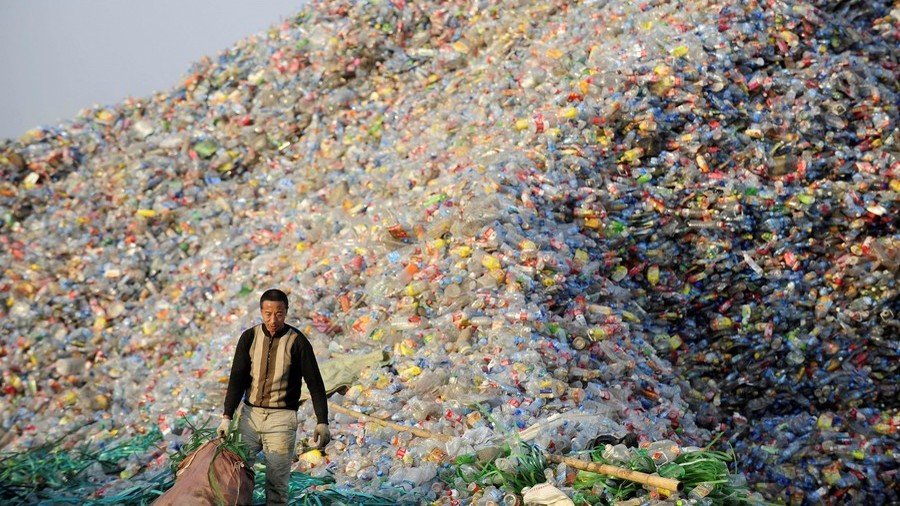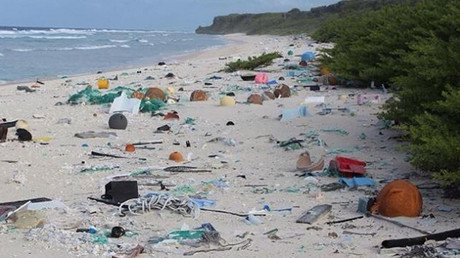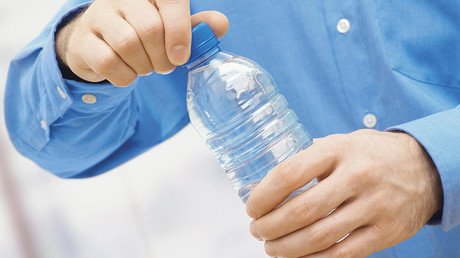Accidental eco warriors: Scientists boost plastic-eating enzymes by mistake

Two years after scientists reported the presence of plastic-munching bacteria at a recycling plant in Japan, accidental mutations to an enzyme has boosted its pollution-digesting powers.
More than 300 million tons of plastic is produced globally, with environmentalists warning that oceans are becoming choked by materials such as polyethylene terephthalate (PET) – the key component of plastic bottles and packaging.
Researchers from the University of Portsmouth and the US National Renewable Energy Laboratory (NREL) say they have inadvertently improved PETase, an enzyme used by the bacteria Ideonella sakaiensis, to make it better at degrading plastic.
Uninhabited Pacific island has highest density of plastic waste ever reported https://t.co/dAbB90CD3gpic.twitter.com/tQAdLmSr3M
— RT (@RT_com) May 17, 2017
According to the US federal lab, scientists have made a “modest improvement” to the plastic-eating enzyme while studying its original evolution. As such, the breakthrough could be a useful weapon in the fight against the man-made pollutant, something which plagues fish species and natural habitats such as Henderson Island - a coral reef where 37 million pieces of plastic has been dumped by sea currents.
“We hoped to determine its structure to aid in protein engineering, but we ended up going a step further and accidentally engineered an enzyme with improved performance at breaking down these plastics,” said Gregg Beckham, of the NREL research department.
With the findings of the group’s test set to be published this week, Gregg added that there is scope to make the bacteria’s ability to degrade waste – that normally takes centuries to decompose – even better.
Currently, PETase is still some way off being able to digest plastic on an industrial scale, meaning it is unlikely to be a silver bullet for today’s environmental concerns.
Nic Rorrer, a scientist at NREL, said that during testing the improved enzyme began destroying plastic soda bottles within 96 hours. He said it raises hopes for future waste disposal.
“This test is using real examples of what is found in the oceans and landfills,” he said. “Understanding how PET binds in the PETase catalytic site using computational tools helped illuminate the reasons for this improved performance. Given these results, it’s clear that significant potential remains for improving its activity further.”
Think your friends would be interested? Share this story!














